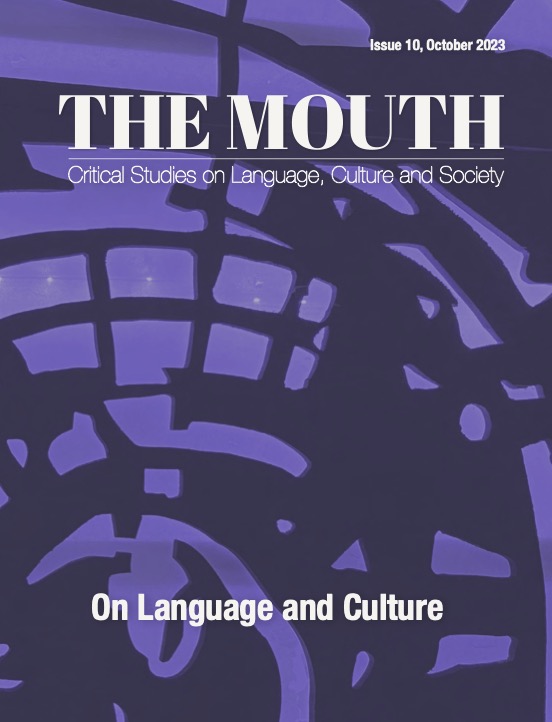A stylistic analysis of corruption-induced idioms and idiomatic expressions in Yorùbá literary and routine communication
DOI:
https://doi.org/10.18716/ojs/the_mouth.3110Abstract
This paper sets to examine and analyze corruption-induced expressions and its effects on the communicative performance of the Yorùbá language speakers. Corruption has multi-faceted meanings and can be viewed through different lenses. Its meaning is viewed from personal or consequential perceptive. The Yorùbá language like other world languages possesses a standard variety used in every formal conversation situation while it also retains the non-standard variety for phatic communion and other day-to-day interactions among the users. There are forms of expressions, which include jargons of various trades, sports and occupations. There are also the rich vocabularies of slang of imprecation, of ribaldry as well as the corruption-induced expressions derived from new Yorùbá idioms. New Yorùbá idioms and idiomatic expressions are contemporaneous and are part of modern communication employed to instruct, persuade, exhort, abuse, extol and entertain in all areas of life. Corruption-induced expressions derived from the new Yorùbá idioms and idiomatic expressions are new expressions brought about by the endemic corruption in the contemporary Yorùbá society and by extension, Nigeria.
Downloads
Published
Issue
Section
License

This work is licensed under a Creative Commons Attribution 4.0 International License.
CC BY 4.0 deed
https://creativecommons.org/licenses/by/4.0/deed.en
You are free to:
- Share — copy and redistribute the material in any medium or format for any purpose, even commercially.
- Adapt — remix, transform, and build upon the material for any purpose, even commercially.
- The licensor cannot revoke these freedoms as long as you follow the license terms.
Under the following terms:
- Attribution — You must give appropriate credit , provide a link to the license, and indicate if changes were made . You may do so in any reasonable manner, but not in any way that suggests the licensor endorses you or your use.
- No additional restrictions — You may not apply legal terms or technological measures that legally restrict others from doing anything the license permits.
Notices:
You do not have to comply with the license for elements of the material in the public domain or where your use is permitted by an applicable exception or limitation .
No warranties are given. The license may not give you all of the permissions necessary for your intended use. For example, other rights such as publicity, privacy, or moral rights may limit how you use the material.Notice
This deed highlights only some of the key features and terms of the actual license. It is not a license and has no legal value. You should carefully review all of the terms and conditions of the actual license before using the licensed material.
Creative Commons is not a law firm and does not provide legal services. Distributing, displaying, or linking to this deed or the license that it summarizes does not create a lawyer-client or any other relationship.
Creative Commons is the nonprofit behind the open licenses and other legal tools that allow creators to share their work. Our legal tools are free to use.






